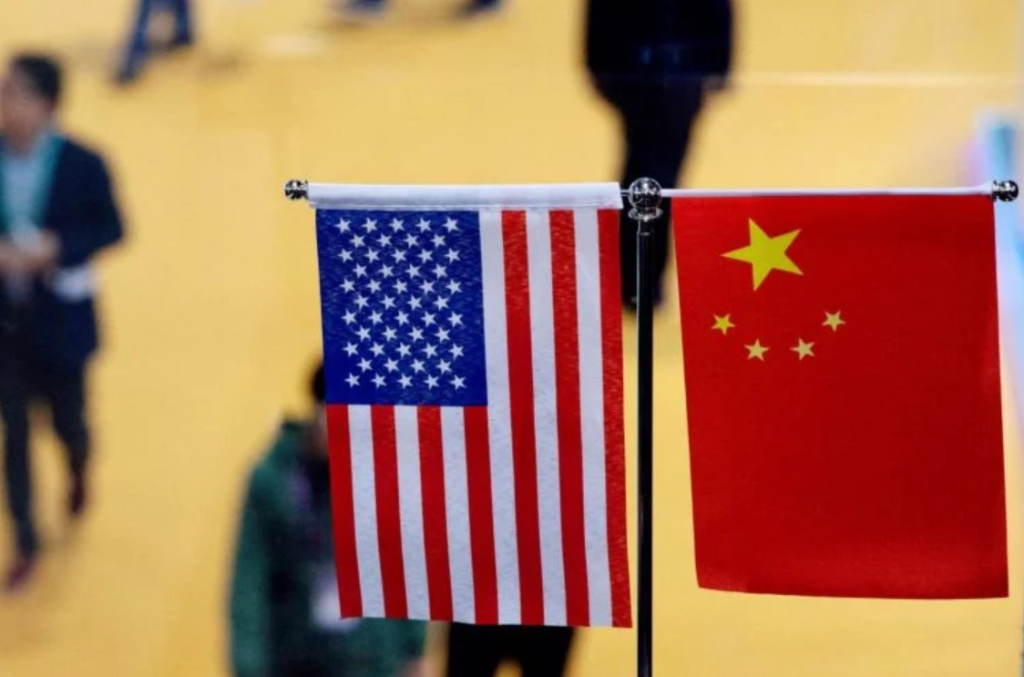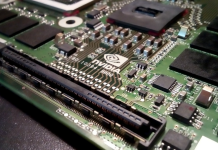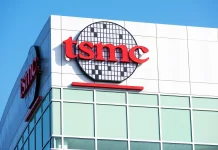Morris Chang, the 91-year-old retired founder of the Taiwan Semiconductor Manufacturing Company (TSMC), voiced a deep concern that’s probably shared by many in the tech industry: the possible decoupling of the United States and China, the world’s two largest economies. In an event at the Asia Society in New York, he warned that such a separation would “slow down everybody,” reflecting on the complex web of global supply chains that both countries are part of.
TSMC, which is worth over $400 billion, is suffering from this US-China Chip War
While Chang touched on concerns of an emerging superpower challenging an existing one, as described in Graham Allison’s book “Destined for War,” there’s more to the narrative. The tech industry is at the epicenter of this geopolitical earthquake, where the tremors could be felt across the globe, affecting companies like TSMC, which is worth over $400 billion and supplies key components to tech giants like Apple.

The U.S. has taken steps to shift semiconductor production stateside with measures like “onshoring” and “friendshoring,” incentivized by federal subsidies. These moves are aimed at making the U.S. less dependent on Taiwan, a self-governed island that China views as a part of its territory. It’s a security-driven move aimed at securing supply chains and reducing dependency on regions that could become hotspots due to their geopolitical standing.
However, there’s a flip side to this strategy. The U.S.’s push for independence in semiconductor production might undermine the very global ecosystem that has been responsible for technological innovations. It also risks making things more expensive and less efficient for everyone involved. Chang’s TSMC, for instance, has already faced hurdles in its Arizona plant, including a shortage of skilled labor and disputes with local unions.
Moreover, China’s demographics give it an edge as a future tech leader, as pointed out by Joe Tsai, co-founder of Alibaba Group. With 800 million people in the labor force, 200 million of whom are highly skilled, the U.S. and its allies might find themselves playing catch-up in the long run.
In a world that’s becoming increasingly “dangerous and unpredictable,” according to Tsai, the U.S.-China decoupling seems like a double-edged sword: a move toward security could be a step back for global progress. And both countries need to come to a consensus soon to put everyone’s worries to rest.
RELATED:
- Dangbei PadGO Smart Screen with an AG matte paper display, 4K resolution unveiled in China
- Xiaomi MIJIA Home Appliance Three-piece Set launched in China starting from 1,999 yuan ($273)
- Download the best GCam APK for OnePlus Nord CE 3 5G
(Via)






